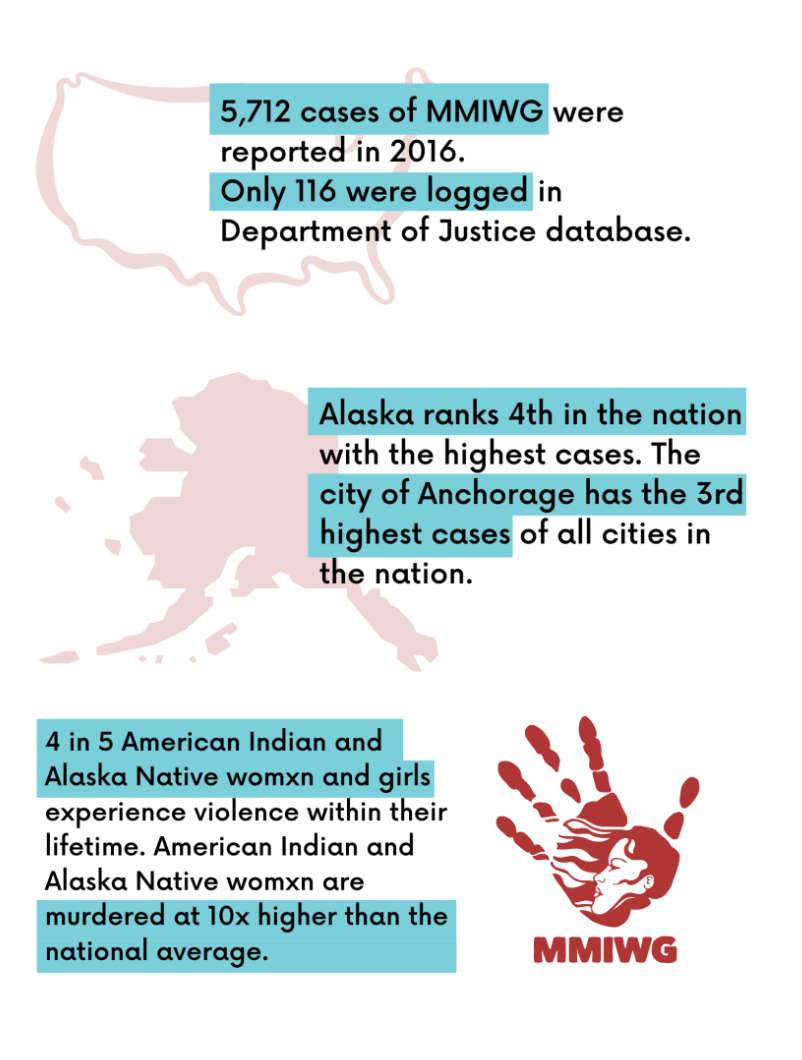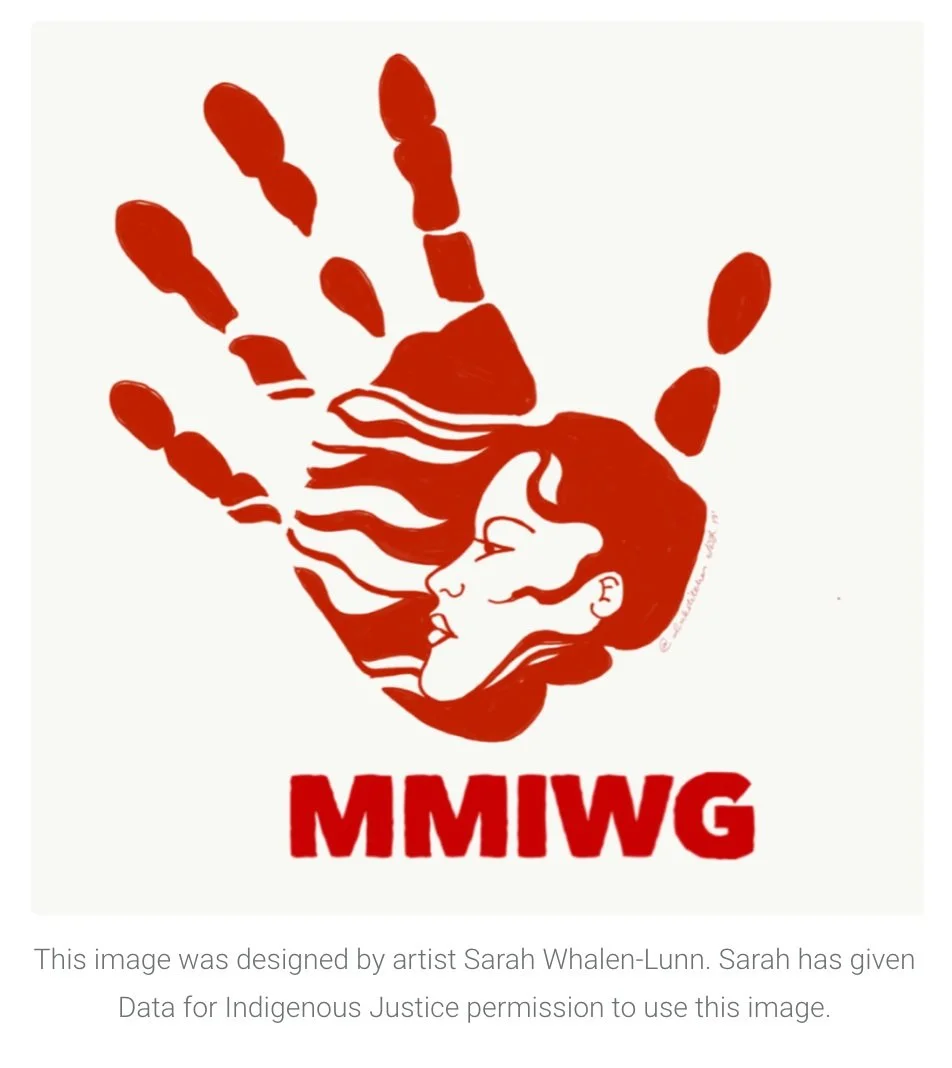
Research
Approaches
Despite the ongoing crisis of missing and murdered Indigenous womxn, girls, two spirit people, there is an apparent lack of data and inaccurate understanding of MMIWG. This is dangerous because it creates a false perception that the issue does not affect off reservation and village American Indian and Alaska Native communities (UIHI Report, 2018).
In 2018, the Urban Indian Health Institute conducted the first study into the statistics of MMIWG2S across what is now known as the United States. In collecting the data, UIHI utilized a multi-pronged method with the understanding that the data gathered by law enforcement, covered by the media and remembered and honored by community members and family rarely matches up. While this is a first step in gathering the data, we know that this data is a drastic undercount of the accurate case realities of MMIWG2S. This is why we formed Data for Indigenous Justice.
Why We Formed
Data for Indigenous Justice was formed to bridge the gaps in absent data, to conduct research reflective of accurate data representation in Alaska, to work directly with our communities in decolonizing the data. Being able to do this work ourselves is having sovereignty over the way that this data is used. Partnerships are essential while also holding local, state and federal law enforcement agencies accountable in gathering the needed data for accurate Alaska Native and American Indian case representation to protect and care for our people.
Where we are gathering data:
Law enforcement records
State & National Databases
Community & Family Members
Media coverage
Social Media



